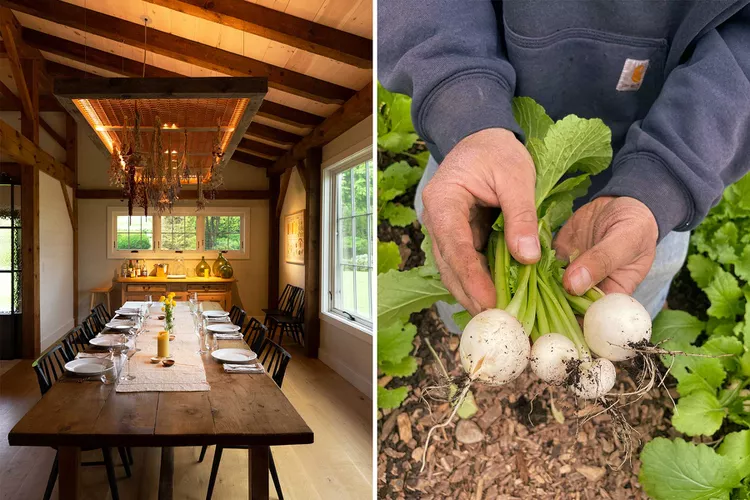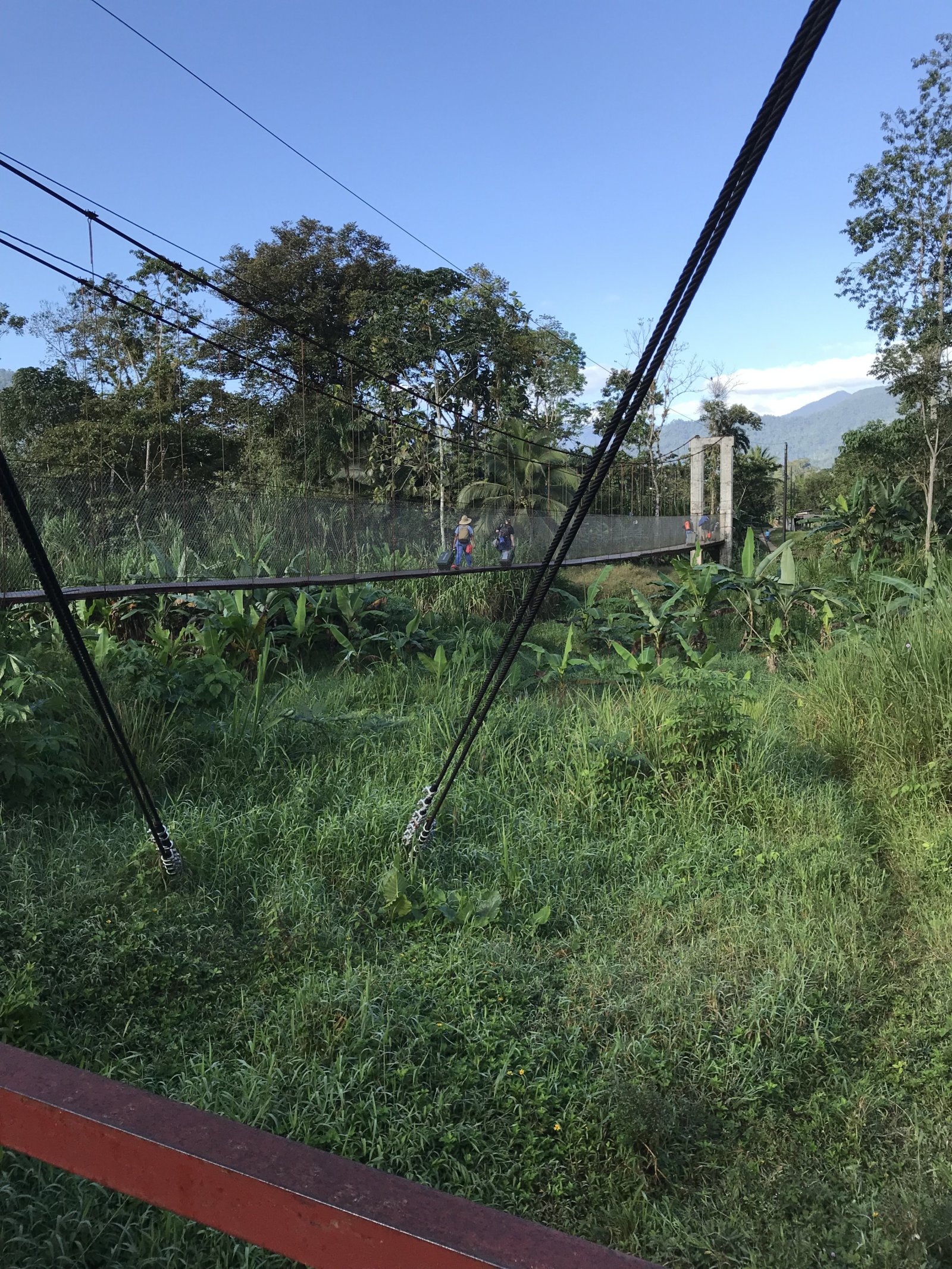1. Introduction
See farm-to-table in action at this culinary retreat in the countryside outside Norfolk.
2. The Experience
On a blustery Saturday in early May, I stood in an open-beamed farmhouse in northern Connecticut, looking into a pot of steaming tea swirling with chunks of mushroom: Chaga, reishi, and rippled fans of turkey-tail. Across from me was Tracy Hayhurst, culinary director of Husky Meadows Farm, recounting her experiences cooking meals for hikers along the Appalachian Trail in her early 20s. It was then, working off the grid, that she developed her passion for food that, like my mushroom tea, is natural, creative, and waste-free.
3. Seed & Spoon Program
I had come to Husky Meadows to experience the farm’s new program, Seed & Spoon, where visitors can stay in one of four apartment-style suites, help out in the fields and greenhouses, and cook meals with ingredients grown just yards from the dinner table.

4. The Farm’s Philosophy
On a three-acre plot right outside the town of Norfolk, Husky Meadows boasts around 100 varieties of herbs and vegetables in what farm manager Adam Buggy describes as a “handworked, human-scale” operation. Owners Dominique Lahaussois and David Low purchased the property 30 years ago, inspired by their beloved dog breed. Chef Steve Archaski initiated an on-site edible garden in 2014, and Buggy joined the team six years later to begin intensive farming. A community-supported agriculture (CSA) program was launched in 2015 to serve the surrounding area.
Everyone I spoke with on the property shared a commitment to regenerative farming, which enhances organic practices by rotating crops to increase biodiversity and improve soil health. Buggy envisions establishing a community garden to invite school groups to the property, stating, “Farming is a public service, and I think many people don’t understand that. We all need small farms.”

5. Culinary Activities
On my first full day at the farm, I joined a group of fellow food enthusiasts to explore the grounds, harvesting arugula and Salanova lettuce, meeting Hereford Shorthorn heifers the color of red clay and cream, and biting into freshly pulled white turnips. As we wandered the property’s 260 acres of hardwood forest, we encountered budding shiitake mushrooms growing on carefully stacked oak logs.
During an afternoon foraging and gardening expedition, Hayhurst guided us to plant ramps in rich, dark soil and harvest lemony stalks of Japanese knotweed. “You have to be adventurous, but it’s also about trust,” she shared. “I’m not going to feed you something I don’t like.”

6. Conclusion
Hayhurst also coached us through dinner preparations, which commenced with smoked-maple mint juleps and culminated with roast leg of lamb, a salad of foraged garlic-mustard greens, and hand-rolled gnocchi. A highlight of the weekend was meeting Archaski, now the head baker, whose dandelion shortbread cookies, made with the freshest flowers, paired perfectly with our mushroom tea.
Seasonal two-night retreats are offered from May through October, allowing visitors to immerse themselves in this unique farm-to-table experience.
A version of this story first appeared in the September 2022 issue of GoTravelDaily under the headline “Working With Your Hands.”





